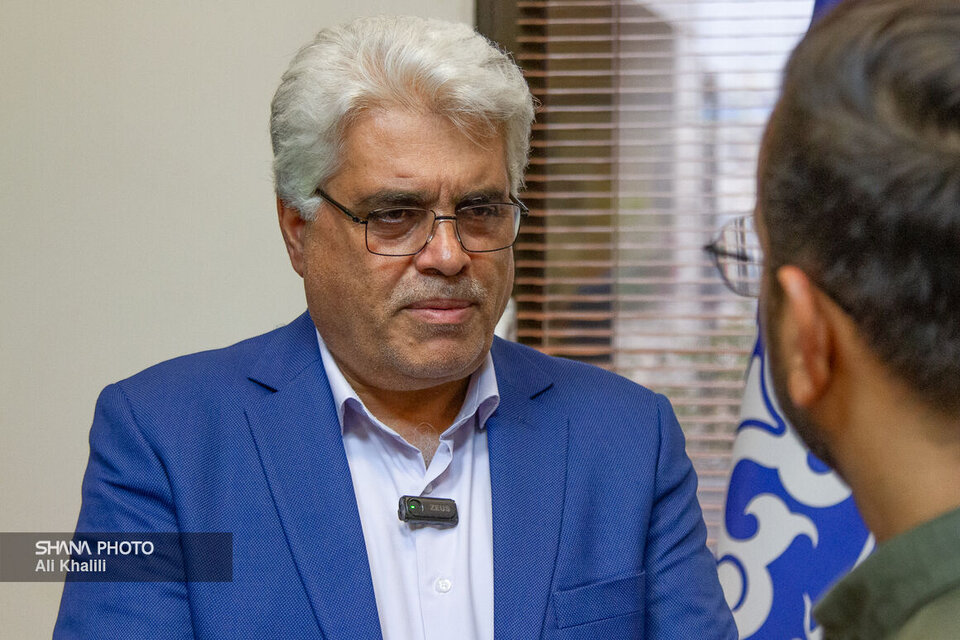Keramat Veys-Karami said the country’s average daily gasoline distribution since the start of the Iranian year in March has been about 130 million liters, up from 122 million liters during the same period last year.
He noted that a previous record of 164 million liters, set on March 20, was broken on June 13, when demand surged to more than 200 million liters amid heightened tensions following Israeli attacks. During the 12 days of the conflict, daily gasoline distribution averaged 117 million liters.
Veys-Karami said gasoline supply has been managed through a mix of production increases, imports and storage capacity to meet demand.
Fuel standards, smart card use
He said much of Iran’s fuel production meets Euro 4 and Euro 5 standards, with diesel also distributed under those specifications in major cities.
Veys-Karami stressed the need for wider use of personal smart fuel cards, noting that while law requires 95% of vehicles to use them, only about 55% of gasoline is currently dispensed through personal cards. Greater use, he said, would preserve subsidized quotas and allow access to secondary pricing rates.
To simplify the process of replacing lost or damaged fuel cards, an online registration system was launched earlier this year. Previously, the process could take more than a month. Now, replacement cards can be issued in less than a week. About 18,000 cards are produced daily, a figure expected to rise to 30,000.
Premium gasoline pricing, imports
On imports, Veys-Karami said the Cabinet has approved guidelines for premium gasoline purchases, which have been drafted and implemented. Applicants can now register through the National Licensing Portal.
He also addressed complaints by some truck drivers over diesel allocations. He said fuel quotas are based on fleet performance and mileage, verified every 15 days through shipping documents. The company itself, he added, does not set the quotas but allocates fuel strictly according to verified activity.
Combating fake shipping documents
Veys-Karami acknowledged problems with fraudulent transport documents, including fictitious waybills and permits, which allowed some vehicles to claim fuel without operating.
To counter this, the company launched a system called “Kashef,” which cross-checks mileage, waybills and permits through both digital and field inspections. The system has already identified multiple cases of fraud.
He said diesel consumption in the transport sector totals about 60 million liters per day, making transparency essential to prevent waste and ensure fairness. With the rollout of smart monitoring systems such as Sipad and Sepahatan, he said, transport fleet activity will be recorded online, allowing direct allocation of fuel based on actual mileage.


Your Comment